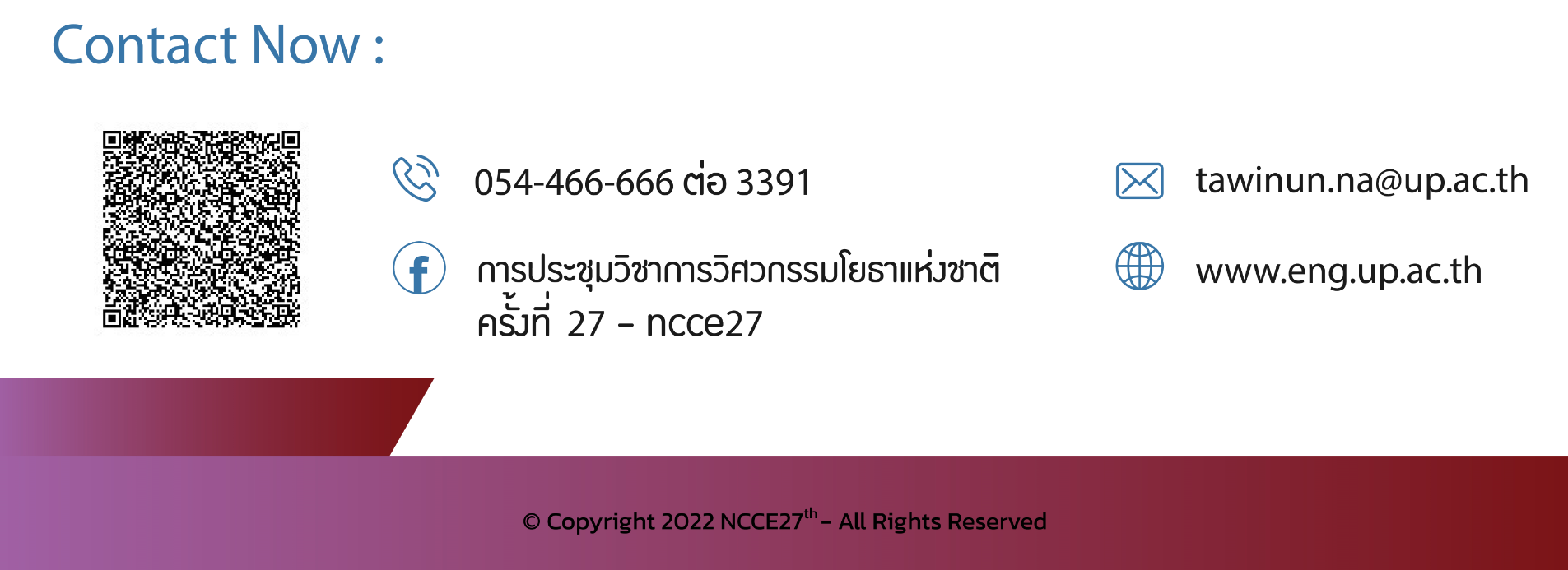นวัตกรรมการจัดการเรียนรู้ที่ส่งเสริมการเรียนรู้ตลอดชีวิตของนักศึกษาคณะวิศวกรรมศาสตร์ มทร.ศรีวิชัย
คำสำคัญ:
นวัตกรรมการจัดการเรียนรู้, การเรียนรู้ตลอดชีวิต, นักศึกษาวิศวกรรมศาสตร์บทคัดย่อ
การวิจัยนี้มีวัตถุประสงค์เพื่อศึกษาการใช้นวัตกรรมการจัดการเรียนรู้ที่ส่งเสริมการเรียนรู้ตลอดชีวิตของคณะวิศวกรรมศาสตร์ มทร.ศรีวิชัย
กลุ่มตัวอย่างเป็นอาจารย์ที่สอนนักศึกษาชั้นปีที่ 2 ในปีการศึกษา 2564 จำนวน 40 คน เครื่องมือวิจัยที่ใช้เป็นแบบสอบถาม วิเคราะห์ข้อมูลด้วยความถี่ ร้อยละ ค่าคะแนนเฉลี่ย และค่าความเบี่ยงเบนมาตรฐาน ผลการศึกษาพบว่า นวัตกรรมการจัดการเรียนรู้ประเภทรูปแบบ / เทคนิค / วิธีสอน ที่นำมาใช้ในระดับสูง คือ การเรียนรู้แบบร่วมมือร่วมใจ ระดับกลาง คือ การจัดการเรียนรู้แบบโครงสร้างความรู้ และการจัดการเรียนรู้แบบถามตอบ และระดับต่ำ คือ การจัดการเรียนรู้แบบกลุ่มทำงาน การจัดการเรียนรู้แบบอภิปราย การจัดการเรียนรู้แบบโครงงาน และการจัดการเรียนรู้แบบทดลอง นวัตกรรมประเภทสิ่งประดิษฐ์ที่นำมาใช้ในระดับสูง คือ เอกสารประกอบการเรียนรู้ ระดับกลาง คือ แบบฝึกทักษะ / ชุดการฝึก และระดับต่ำ คือ หนังสือเรียน / แบบเรียน และ สื่อมัลติมิเดีย การส่งเสริมทักษะการเรียนรู้ตลอดชีวิตผ่านการนวัตกรรมการจัดการเรียนรู้ ประกอบด้วย ทักษะการคิด ทักษะการเรียนรู้
และทักษะด้านเทคโนโลยีสารสนเทศและการสื่อสาร มีค่าเฉลี่ยเท่ากับ 3.9 3.7 และ 3.7 และค่าความเบี่ยงเบนมาตรฐานเท่ากับ 0.69 0.77 และ 0.75 ตามลำดับ
Downloads
ดาวน์โหลด
เผยแพร่แล้ว
วิธีการอ้างอิง
ฉบับ
บท
การอนุญาต
บทความทั้งหมดที่ได้รับการคัดเลือกให้นำเสนอผลงานในการประชุมวิชาการวิศวกรรมโยธาแห่งชาติ ครั้งที่ 27 นี้ เป็นลิขสิทธิ์ของ วิศวกรรมสถานแห่งประเทศไทย ในพระบรมราชูปถัมภ์


